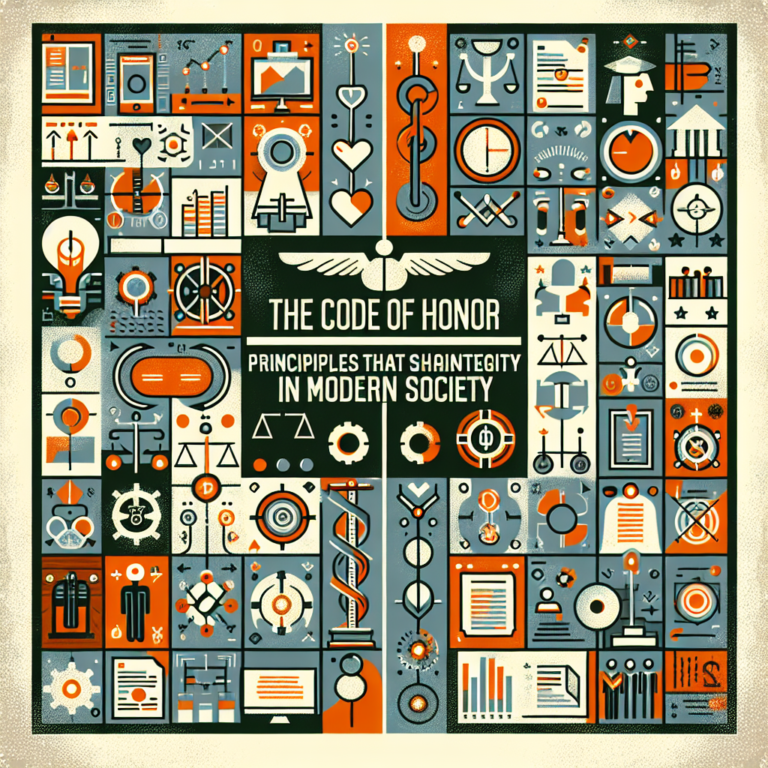Karma is a concept that has resonated deeply within various philosophical and spiritual traditions, particularly in Hinduism and Buddhism. Described simply, karma is the law of moral causation, where every action has corresponding consequences, whether in this life or in future incarnations. This holistic view of life underscores a powerful truth: our intentions, actions, and decisions shape our realities. This article will explore the multifaceted nature of karma, its origins, interpretations, and implications, and will conclude with a Frequently Asked Questions section.
Understanding Karma
The term "karma" derives from the Sanskrit word "karman," which means "action" or "deed." The yoga of karma emphasizes that every action leads to a reaction, forming a web of cause and effect that spans lifetimes. Major religious traditions that include karma in their cosmology view it not only as a punitive measure but also as a form of spiritual evolution. Thus, karma serves as a guide for moral and ethical behavior, ultimately leading to enlightenment.
Types of Karma
Sanchita Karma: This refers to the accumulated karma from all the actions taken in our past lives. It is a reservoir of experiences and lessons learned that await us in the present life. Think of it as a bank account of karma that has grown over time.
Prarabdha Karma: This is the portion of Sanchita Karma that is active in the current life. It is what shapes our present circumstances, experiences, and challenges. Essentially, this is the karmic load we need to work through in our current incarnation.
Kriyamana Karma: Referring to the karma being created in the present moment, this form highlights the importance of mindfulness and intention behind our actions. Being aware of the karmic implications of our behaviors allows us to make conscious choices and helps in the process of individual transformation.
- Agami Karma: This is the karma that results from current actions and decisions that will impact future lives. It serves as a reminder that our choices today will dictate the conditions and experiences of our tomorrows.
Cause and Effect
Karma emphasizes the cosmic law of cause and effect. Each of our actions generates a ripple in the universe. The quality of these actions—whether positive or negative—will align us with similar experiences and vibrations. This principle also underscores personal responsibility; our life circumstances are a reflection of our previous choices, attitudes, and behaviors. Thus, cultivating awareness about how we interact with the world is not only wise but necessary for spiritual growth.
Not Punishment, But Learning
It is crucial to understand that karma is not a system of cosmic punishment or reward, as sometimes misconceived. Instead, it is more about the lessons learned from our actions. Negative actions or harmful behavior lead to experiences that challenge us, prompting personal growth and introspection. The objective is not to instill fear but to inspire individuals to act with compassion and awareness.
In this way, karma provides an opportunity to transcend past mistakes rather than be eternally bound by them. When one understands that missteps are part of a learning journey, it fosters a sense of hope and a thrust toward self-improvement.
The Role of Intention
One of the most critical aspects of karma is the role of intention. It is often said that "the road to hell is paved with good intentions"; however, intentions also determine the karmic weight of our actions. Merely performing good deeds for personal gain or recognition may lead to negative consequences, whereas genuine actions rooted in altruism lead to positive outcomes.
In essence, the inner motivation behind our actions plays a pivotal role in shaping our karmic fate. Thus, cultivating pure intentions can lead to a clearer path of understanding, compassion, and ultimately, enlightenment.
Modern Interpretations of Karma
In contemporary discourse, karma has evolved beyond its traditional spiritual roots and is increasingly being embraced by personal development and mindfulness communities. It is used to remind people of the interconnectedness of all actions and experiences. Many motivational speakers and leaders advocate for "living in alignment" with positive energy, which translates into good karma.
However, it is crucial to differentiate between the traditional understanding of karma and its popularized versions. While the general idea of karmic reciprocity remains, some modern interpretations may strip the philosophy of its profound depth and nuances.
Karma in Daily Life
Understanding karma can encourage individuals to make more conscious choices in their everyday lives. Here are a few ways to integrate the principles of karma into daily practice:
Mindfulness: Being present in the moment can help better gauge our intentions and decisions, fostering a deeper understanding of cause and effect.
Compassionate Actions: Acts of kindness not only create positive energy in the world but also enhance one’s own karmic repertoire.
Self-Reflection: Regularly assessing one’s actions and their consequences can cultivate wisdom and guide future behaviors.
Responsibility: Accepting that one’s current circumstances are often a reflection of past actions can empower individuals to make changes for the better.
- Forgiveness: Letting go of grudges and negative feelings can free individuals from the cyclical nature of harmful karma, promoting healing.
Conclusion
Karma is a profound and intricate concept that teaches the interconnectedness of actions, intentions, and consequences. By embracing the principles of karma, individuals are encouraged to take responsibility for their actions, fostering growth, compassion, and wisdom. Rather than viewing karma as a burden or punitive measure, recognizing it as a guiding force can spark an enlightening journey toward self-improvement and fulfillment.
Frequently Asked Questions (FAQs)
1. Is karma the same as fate?
Karma and fate are related but distinct concepts. While fate suggests that events are predetermined and inevitable, karma emphasizes the role of individual actions in shaping one’s destiny.
2. Can karma be changed?
Yes, karma can evolve as it is influenced by present actions and intentions. Engaging in positive, mindful actions can create more favorable karma in the future.
3. What about collective karma?
Collective karma refers to the shared experiences and actions of a community or society. The collective intentions and actions can impact the overall energy and conditions experienced by that group.
4. Do animals and plants also accumulate karma?
In many spiritual traditions, karma is primarily concerned with sentient beings. However, the interconnectedness of life suggests that all entities impact one another, forming a unified karmic web.
5. How does one balance karma?
Balancing karma involves engaging in self-reflection, acting with compassion, and making conscious choices. It is about learning from actions, forgiving oneself and others, and striving to create positive energy in every interaction.
Understanding and applying the principles of karma can bring clarity to our experiences and guide us on a path toward personal and spiritual development.
It seems like you’ve mentioned “Prompt,” but I’m not sure what you’re looking for specifically. Could you please provide more details or clarify what you need help with? Whether it’s writing, ideas, guidance, or something else, I’d be happy to assist!, #Karma #Cosmic #Law #Effect #Explained, #Karma #Cosmic #Law #Effect #Explained, 1736658870, karma-the-cosmic-law-of-cause-and-effect-explained





![Read more about the article Unpacking the Lyrics: What [Song Title] Says About Love and Loss](https://karkafi-ben.com/wp-content/uploads/2025/01/1736658964-768x768.png)